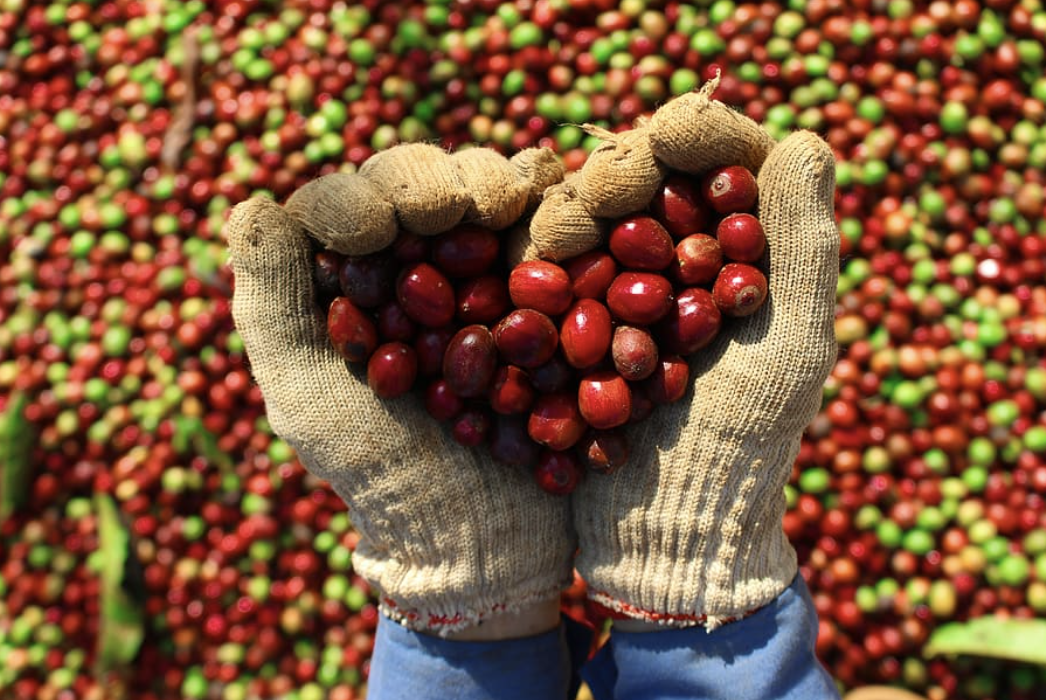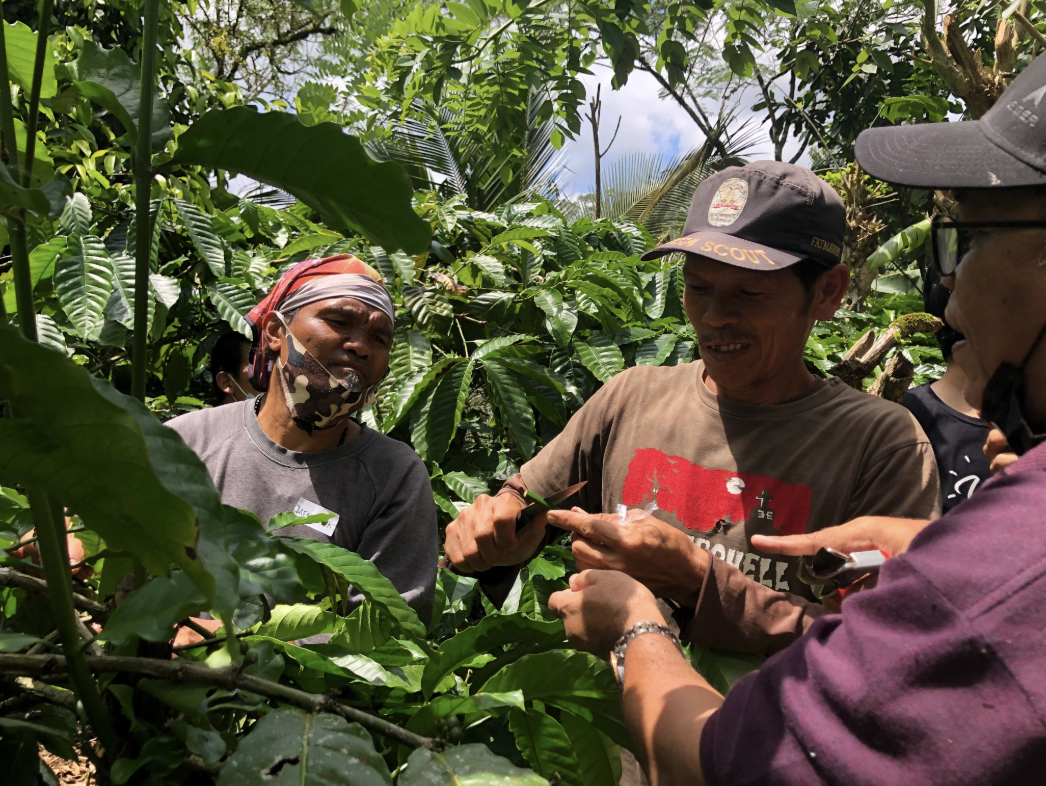Mika always knew coffee. He grew up among the lush green plantations of his family’s farm in Tabanan, Bali. But for over a decade, he built his career in hospitality, drawn by the stability and prestige of Bali’s booming tourism industry. That stability vanished when the pandemic struck, slashing tourism revenue by 85% (BPS 2021). With few options, Mika returned to the coffee farm to help his family and forge a new path in an industry he had once overlooked.
A Changing Agricultural Landscape
Despite being raised among coffee trees, Mika had never considered farming a career. His story mirrors a larger crisis: Indonesia is losing its farmers at an alarming rate. Between 2003 and 2013, the country saw 5.1 million farmers leave the sector, and projections warn that by 2063, Indonesia could lose its farming workforce entirely (BPS, 2023). The reasons are clear: aging farmers, shrinking farmland, and limited access to financial resources and market information have all contributed to the decline.
A McKinsey report suggests that agriculture could be a game-changer for rural and low-income communities. Yet, farming remains a hard sell for young Indonesians. It’s often seen as labor-intensive, outdated, and a profession for the unskilled (SMERU, 2022). Before the pandemic, a career in tourism was the safer bet; a passport to stability and social prestige. But when the world stopped traveling, it became clear that Bali’s reliance on tourism was its Achilles’ heel. The crisis forced a reassessment of what real stability looks like.
Mika’s decision to pivot to farming is more than a personal choice, it signals the emergence of a new generation of farmers who are reshaping Indonesia’s agricultural future.
Turning Agricultural Challenges into Opportunities
Bali is home to more than 70,000 smallholder coffee farmers, with approximately 25%, or 17,400, located in Tabanan Regency, where Mika and his group of coffee farmers are based. His plantation produces Robusta coffee (Coffea canephora), one of the two main coffee species cultivated for consumption, alongside Arabica (Coffea arabica). Robusta coffee has a stronger, more bitter flavor with earthy and nutty notes and Indonesia is the world’s third-largest producer of Robusta coffee, following Vietnam and Brazil (RMIT, 2024).
But young farmers like Mika face tough challenges. Many Tabanan coffee farms suffer from inefficient pre-harvest, harvest, and post-harvest techniques. To save time and money, farmers often pick coffee cherries indiscriminately rather than selecting only the ripe, red ones, a decision that significantly impacts coffee quality and market value (FAO, 2020).

Fully ripened coffee cherries, freshly harvested by Sobean coffee farmers.
the trade-off is razor-thin profit margins. Decades of chemical fertilizer use have also depleted soil health, leading to lower yields and further financial strain. These obstacles make farming feel less like a viable profession and more like a battle against systemic constraints.
Growing Together Through Collaboration
When Kopernik partnered with Mika and his farmer collective, the focus was on turning these challenges into opportunities. Through workshops on innovation and sustainability, farmers learned better cultivation techniques, post-harvest processing, packaging, and marketing strategies. These interventions helped Mika secure premium buyers across Bali, Surabaya, Jakarta, and even as far as France.
The impact has been significant. By refining their farming practices and bypassing intermediaries, Mika and his peers quintupled their selling price per kilogram, from IDR 15,000 (USD 0.90) to IDR 75,000 (USD 4.60). A coffee innovation hub co-established by Kopernik has further supported their growth by providing essential tools like solar drying equipment, roasting machines, and grinders.
Building on this progress, Mika and his fellow farmers launched Sobean, a premium coffee brand that operates as a cooperative under Indonesia’s Cooperative Department. With over 20 members, the cooperative gives farmers better financial and market access, ensuring long-term stability.
Meanwhile, Kopernik’s Collective Impact Venture (CIV) initiative is helping scale social enterprises like Sobean. In 2024, Sobean secured a working capital loan through CIV to purchase more red cherries for the upcoming harvest, responding to rising demand. The cooperative repaid the loan ahead of schedule, highlighting the viability of their approach.
A group of Sobean coffee farmers working together.
A Future Rooted in the Land
Mika is no longer looking back. He has found purpose in leading his farmer group, managing the Sobean cooperative, and preserving his family’s plantation for future generations. Having experienced the instability of tourism firsthand, he now sees agriculture as a smarter, more sustainable path forward.
Indonesia’s agricultural future depends on young farmers like Mika. With the right support, access to knowledge, markets, and flexible financing, farming can become a viable, even aspirational, career. Initiatives like Collective Impact Ventures (CIV) are helping enterprises like Sobean thrive, proving that innovation and tradition can coexist.
Mika and his peers are growing a movement, proving that agriculture is the future, not the past.


